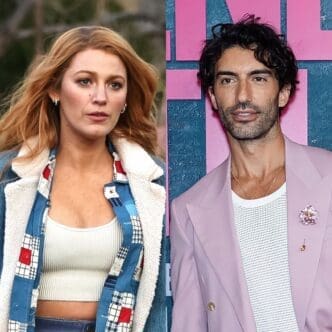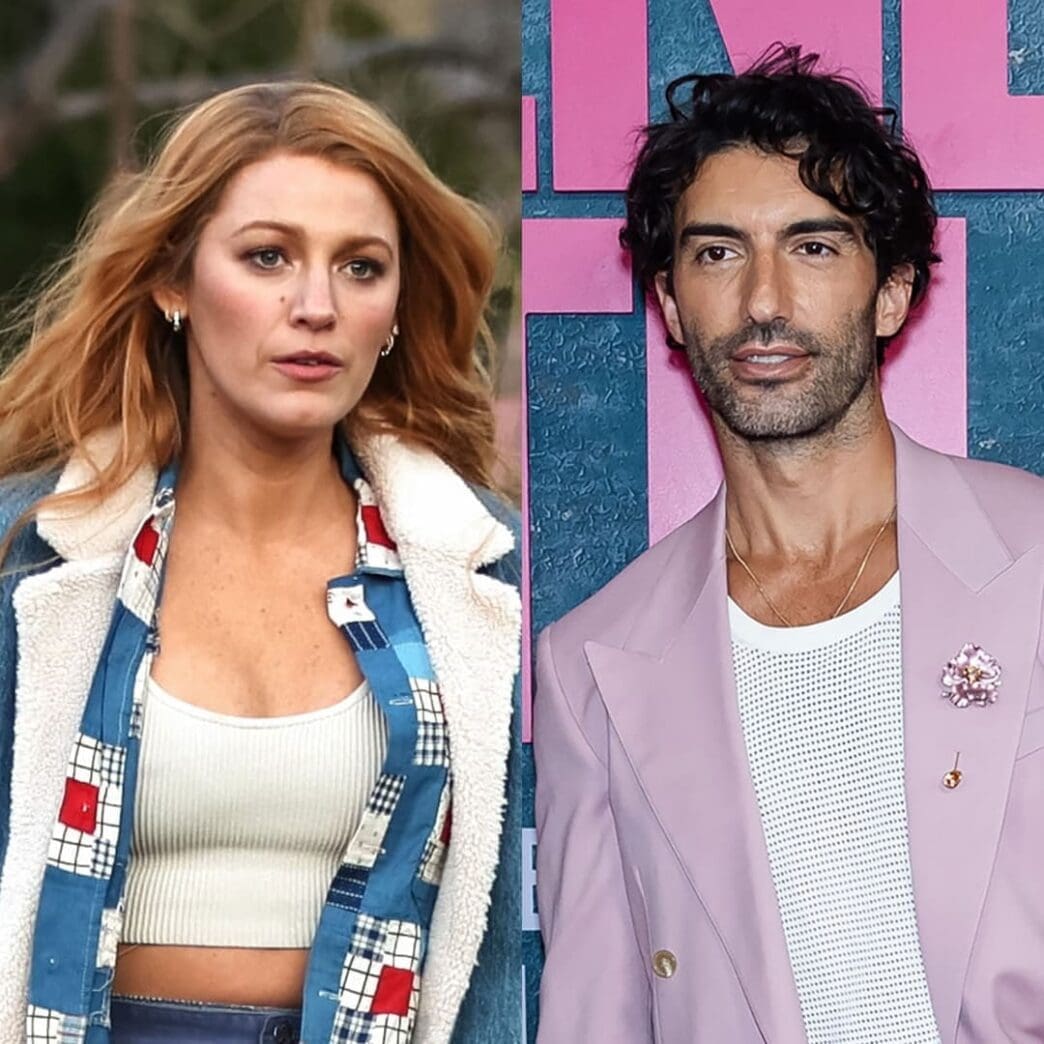In a dramatic turn of events, Justin Baldoni has launched a massive $250 million lawsuit against The New York Times, following allegations from his “It Ends With Us” co-star Blake Lively.
The legal battle intensifies as Baldoni takes a stand just days after Blake Lively accused him of sexual harassment and leading a defamation campaign. Lively’s initial complaint, which also implicates Baldoni’s production company Wayfarer, Jamey Heath, and others, was filed with the California Civil Rights Department.
Baldoni, along with a group of plaintiffs, argues that the December 21 report by The New York Times was riddled with manipulation, using altered facts to fit a narrative preferred by powerful Hollywood figures. The lawsuit, lodged in Los Angeles Superior Court, was spearheaded by attorney Bryan Freedman, who claims the publication abandoned ethical journalistic principles.
[instagram-embed-display instagram_id=’DD6RW0uRLWW’]
E! News has sought comment from The New York Times without response. Meanwhile, Lively’s team remains steadfast in their claims, stating that the lawsuit doesn’t alter the accusations she made in her complaints with both California and federal courts.
In her complaints, Lively outlines a January 2024 meeting involving notable figures such as her husband, Ryan Reynolds, and Baldoni. The gathering was aimed at addressing inappropriate behavior on set, including showing explicit content and mentioning Baldoni’s past issues. An agreement was reportedly reached to cease such conduct, enabling the continuation of filming.
Lively claims these events have deeply affected her family, including her children with Reynolds, citing trauma and emotional distress. Despite presenting herself publicly as maintaining balance, the toll of these experiences has reportedly been significant.
Support for Lively has surged on social media. Colleen Hoover, the author of the source material for “It Ends With Us,” praised Lively’s honesty and kindness. Lively’s sister, Robyn, encouraged reading the entire New York Times article to understand the scope of the alleged smear campaign.
Other figures from Hollywood, such as Paul Feig, Amy Schumer, and Jenny Slate, have voiced their support for Lively, condemning what they characterize as a vicious attack on her reputation. They commend Lively for her professionalism and resilience.
This lawsuit follows a broader context of public scrutiny and the impact of digital media narratives, with others like Amber Heard drawing parallels to their own experiences. Heard emphasized the destructive power of misinformation online, resonating with the claims of manipulation in Lively’s case.
As the legal proceedings unfold, the tension between the involved parties reflects larger issues within the industry concerning ethics, reputation, and the power of storytelling in media.
As Justin Baldoni’s legal challenge against The New York Times unfolds, the entertainment world watches closely. The allegations and responses underscore ongoing concerns about media influence and ethical standards. With high-profile figures like Blake Lively and Justin Baldoni at the center, the outcome could have significant ramifications for their careers and the broader conversation around media and personal reputation.
Source: Eonline – Instagram







